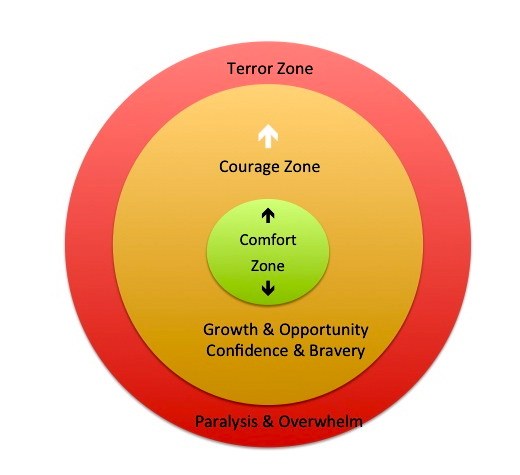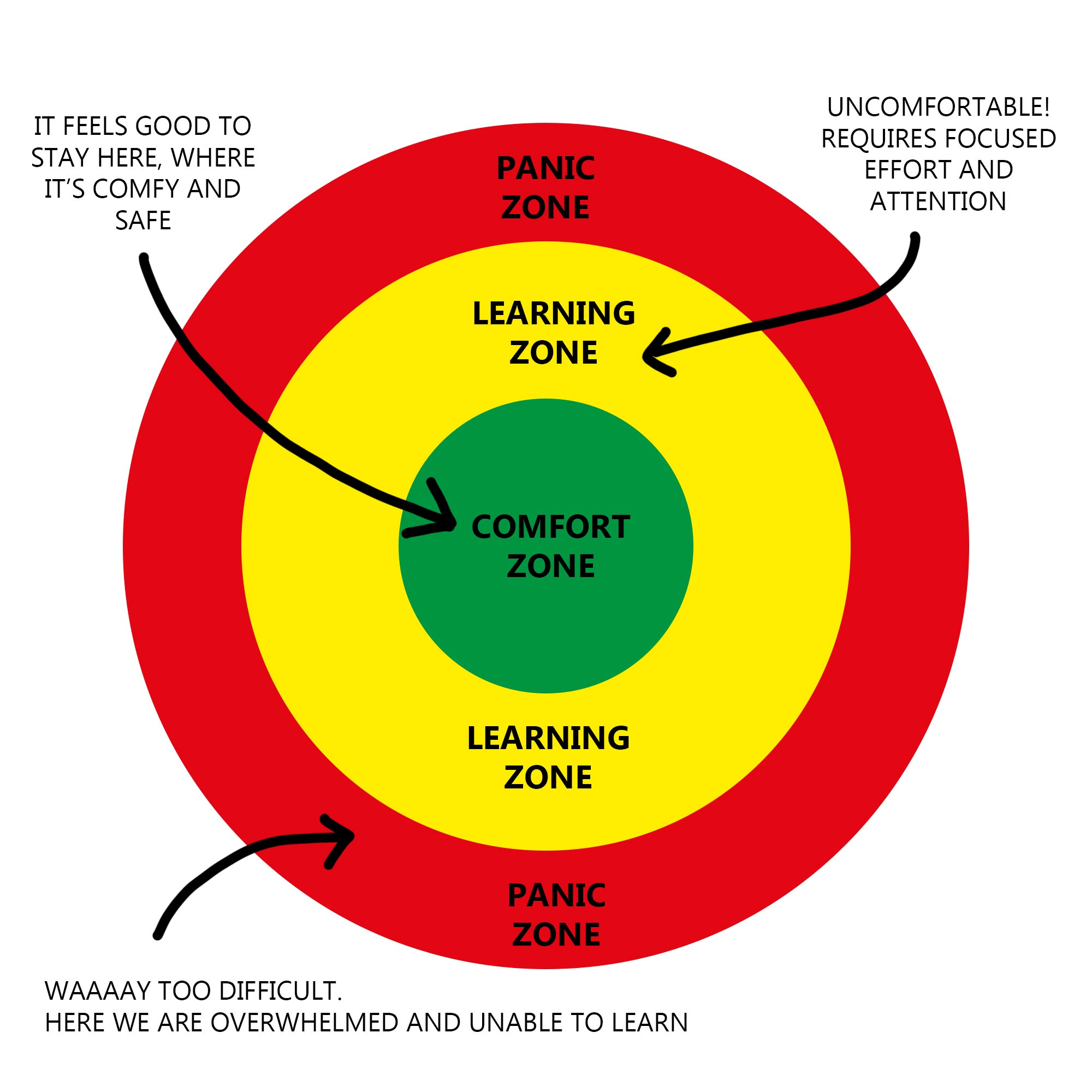How to deal with triggers: avoidance or confrontation?

You probably have people or situations in your life that trigger uncomfortable feelings in you. Feelings such as not being good, strong, beautiful, valuable… enough, being “too much”, too intense, too needy, too complicated…, the fear of being abandoned, powerless… Feelings that reactivate one or several of the classical childhood wounds: the wound of abandonment, rejection, injustice, humiliation and/or betrayal.
You now have the following choices: You can avoid those outside triggers and as such your uncomfortable feelings or you can choose the confrontation with them. While it is true that the trigger is never the problem and that eventually you have to learn to look beyond the trigger, to take back your projections, to go to the root of the discomfort and transform it at that level, the “right” answer is always the one that is most loving and that helps your wound heal rather than reopening it. Usually this means progressing gently, slowly and with great care and patience. An emotional wound is just like a physical wound: while it is still open, it is sensitive and painful and even a slight touch can reopen or even infect it. Once it is closed, it can support pressure again without any problem.
Thus, while you can always be grateful for people or situations that trigger you, because they bring subconscious issues closer to the surface, you should always be honest with yourself and respect where you are currently at in your own process. If there are deep wounds, even if from years ago, it is not wise to go and play the hero, exposing yourself to more pain than you can handle or than is supportive for your current healing.
In fact, if you stretch yourself too far out of your comfort zone, you are no longer in growth zone, but in terror zone. You can feel the difference very clearly in your body. Being in the growth zone will produce anxiety, but at the same time there is a sense of excitement. Being in the terror zone feels as the word indicates: pure terror – survival mode – pain. No excitement at all. While you definitely want to stretch yourself into growth zone, terror zone is not a good place to be for too long – in fact, it often leads to a shrinking comfort zone, because you are re-traumatizing yourself and end up even more afraid than before.

Of course, sometimes you just have to put yourself through a situation, even if you are not excited about it at all. If for example, you have to go to the dentist, but are afraid to do so, avoiding your trigger would mean to simply not go – at the potential long-term detriment of your oral health. Confronting yourself with the trigger would mean to go even though you are afraid. It does not mean to ask the dentist to extract your tooth without anesthesia though.
Sometimes, in an attempt to get over your triggers as soon as possible, or fueled by a sense of “spiritual perfectionism”, you might feel inclined to actively seek out your triggers, to push and force yourself to overcome your fears. This is likely to backfire, especially if your wound is still very sensitive. The problem is that you might not be aware that you still carry a wound until it hurts very much. This is where intimacy (in-to-me-I-see) comes in handy. The more you practice tuning inside and feeling your feelings, the more intimate you will get with yourself and the more aware you will be with regards to your true needs, desires and boundaries. Your triggers will show up sooner or later anyways. When they do, tune in with yourself to see what the most loving choice would be in this situation. Avoiding a trigger does not always mean you run from it. To the contrary, choosing comfort and protecting yourself from drama can indicate self-love, self-respect and healthy boundaries. Staying away from unhealthy foods, people, situations or substances is necessary until you are stable and conscious enough to slowly start exposing yourself again to the trigger and see if you are able to respond to it in a different way (but then, why expose yourself at all to something that is not health-supportive…).
That being said, playing it overly safe and always staying within your comfort zone is not the most loving choice either. It comes down to learning to discern between growth and terror zone, between love-inspired self-respect and fear-inspired self-abuse, between short-term food cravings and long-term health goals. Embodiment is what allows you to do that.
